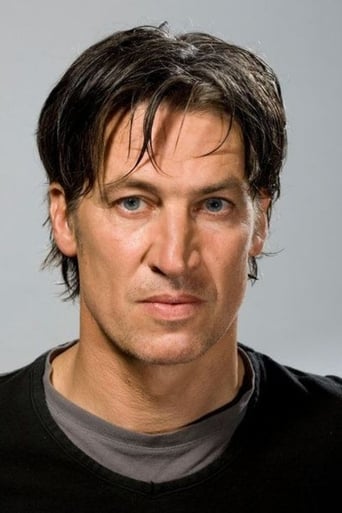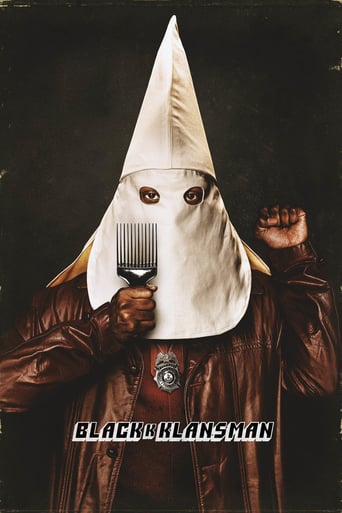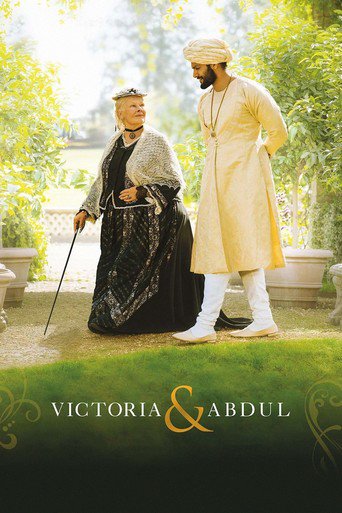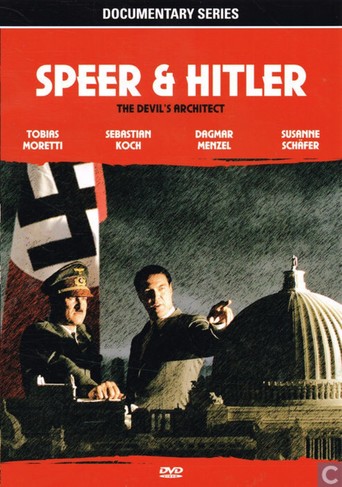

Speer and Hitler (2005)
A reassessment of the role Albert Speer played in the Third Reich. Speer, who was ultimately convicted at the Nuremburg trials and served a 20-year prison sentence, was known for designing many of the Third Reich's buildings and for being Hitler's minister for war production.
Watch Trailer
Cast
Similar titles

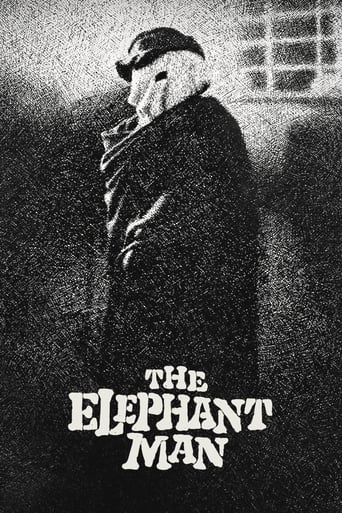

Reviews
The story-telling is good with flashbacks.The film is both funny and heartbreaking. You smile in a scene and get a soulcrushing revelation in the next.
Very good movie overall, highly recommended. Most of the negative reviews don't have any merit and are all pollitically based. Give this movie a chance at least, and it might give you a different perspective.
Exactly the movie you think it is, but not the movie you want it to be.
It is an exhilarating, distressing, funny and profound film, with one of the more memorable film scores in years,
"Speer und er" is a German mini-series from 2005, so this one is already over a decade old. It was written and directed by Heinrich Breloer and as he was not exactly too prolific in the last years, it is still one of his most recent career effort. He will return with a new mini series focusing on Bertolt Brecht soon. But back to this one here, it consists of three episodes of roughly 90 minutes each, so the entire thing runs for 4.5 hours. The title characters are played by Sebastian Koch and Tobias Moretti. But Koch's Speer is certainly much more in the center of it all, especially in chapters 2 and 3. This is actually from one year before Koch starred in the Oscar-winning "Das Leben der Anderen". The structure here is pretty clean. The first 90 minutes are about Speer's rise next to Hitler, the second 90 minutes are about the trial against him and the final installment is about his life as a prisoner. I believe quality-wise all chapters are pretty much on the same high level. Subjective taste and personal preference will decide which of the three is your favorite. I think my favorite is the first because Moretti's Hitler was great too and I just like Nazi films in general. But the third chapter was also really good when his involvement is discussed in detail or the second with all the other Nazis in Nuremberg and the genuinely very tense moment when the sentence is announced and this one is probably even more effective if you don't know about him not being given the death penalty. Another crucial component in these 4.5 hours is the documentary aspect. There are many many video recordings, photos and interviews included in here, with Speer's children especially and these may be the most interesting non-acted parts. Also during these interviews the subject of guilt is not just present, but dominant from start to finish. I think this three-part film made a good statement when it comes to Speer enjoying his rise to power, but also not losing his artistic approach out of sight. Is he evil? No. Is he innocent? No. The exact position between these two extremes is up for interpretation in Speer's case. Once again, your subjective opinion is crucial. This film provides all the information you need to make a judgment. It was certainly a good watch and I recommend checking it out. Thums up.
Fascinating German miniseries about Nazi architect Albert Speer and his strange relationship with Adolf Hitler. Speer is played by Sebastian Koch (who starred in The Lives of Others and The Black Book, and has also played Claus Von Stauffenberg in a German TV movie) while Hitler is played by Tobias Moretti. Most of the material is taken from Speer's two autobiographies, "Inside the Third Reich" and the "Spandau diaries".The series includes some documentary parts, including news footage from the era and contemporary interviews with, among others, filmmaker Leni Riefenstahl (just before her death), and Speer's children, Hilde, Arnold and Albert Jr. (the last, also an architect, and who until this film was reluctant to discuss his father publicly, is surprisingly dismissive about his father's abilities as an architect). Among the many supporting characters, one has to name Andre Hennicke (who played SS General Mohnke in Downfall) as Rudolf Hess.This compares very favorably with the American miniseries "Inside the Third Reich" made in 1982 and dealing with the same material (in that series, Speer was played by the Dutch actor Ruger Hauer while Hitler was played by Derek Jacobi). The series only flaw (unfortunately not a minor one) is Moretti's very weak performance as Hitler (this aside from the fact that he looks very little like the Fuhrer).
Of all of the Nazi's, Albert Speer is the most interesting and complicated of those surviving and tried at Nuremberg. I've read all of the books including my favorites "The Good Nazi" by Dan Van Der Vat which was the 1st and most accurate portrayal & w/out any of Albert Speers twisting of truths, & the best of the books by Gitta Sereny called "Albert Speer: His battle w/truth." Sebastian Koch gives a great performance & my only real complaint is I didn't care too much for the man playing Hitler, although he did a pretty good job but his eyes were WAY too blue & he was too skinny. He did have a lot of his mannerisms down pretty well but as much as they focused on Speer they could have focused on him even more. Overall I thought they did a pretty fantastic job I just wish they spent a little more time w/the other convicted Nazi War Criminals as he did spend 20 years there. This is a pretty comprehensive mini-series & It really doesn't need to be done again I just wish they could have done a few things differently. If you are interested in Speer another few books are also good to read. Of course you have to read Speers own 3 books as long as you don't take them for fact because of course he wants to make himself look good. They are "Inside the Third Reich, The Spandau Diaries, & Infiltration." Spandau is excellent w/some of the daily routines & some of the rivalries between these men especially Erich Raedar head of the Navy till 1943 & Karl Doenitz head of the U-boat's who then took over that job & disagreed w/each other hugely about the importance of the U-boats, but by '43 it was too late. Everyone disliked Rudolph Hess (Hitlers Deputy) and they all still pretty much thought he was a traitor for his strange flight to England in 1941. If he were to be Psychologically evaluated today, I'm sure he would treated for something, or maybe he knew the futility of the war by 1941. Anyway the film is very good & I particularly liked the interviews that are blended well intermittently that his now older kids & their honest answers. Especially liked seeing that Albert Speer Jr. ended up being an architect despite that's what his father did. The big question is would Speer have been charged w/so much at Nuremberg if he had never become the Minister of Armaments. It was even worse because he was so proficient at it he extended a lost war a minimum of 6 months up to a year. If you are a WWII scholar, or just want to know more about the mystery that was Albert Speer, this is a must watch.
This docudrama rehashes already well-known facts but uses these facts as devices to delve further into Speer's character. The conclusions are not always satisfying but by the end of the film the viewers will know more acutely what kind of man Speer was.You are never drawn to Speer empathetically, or reviled by his actions. The film reflects Speer's memoirs by sidestepping some issues -- was he or wasn't he an anti-Semite? Was he acutely aware of what happened in concentration camps? What did he know and what did prefer not to know? What is clear is that Speer was self-serving, ambitious, organized, tough, responsible, independent, intelligent, an opportunist, and detached. He refused a high rank in the SS because he didn't want to accept responsibility where he had no authority. He liked Hitler as a friend and had long talks with him about the new Germania and architecture but he was portrayed on film as remaining silent in any ideologies he didn't necessarily agree with.Not as sycophantic as other head Nazis he also had more class than the top thugs and was concerned more about the German people and their post war survival. He was not deluded like Hess or Goering and accepted his role more willingly than Donetz or Ribbontrop.The most interesting part of this docudrama is the final episode, which follows him throughout his twenty-year imprisonment. After having taken what he felt was his share of the blame at Nuremberg he had time to think how he was manipulated and charmed into his powerful position as minister of armaments where he was so good at his job he actually increased production and delayed the end of the war by perhaps as much as a year. He was a man with his own agenda, few friends in the Nazi upper rank other than Hitler, and had a convenient conscience that allowed himself to at best not see what existed, and at worst not concern himself with what he had no power to change.Speer's Achilles heel was flattery and attention. He was just barely 40 years old when the war ended and was simply not mature enough to be his own man. His self-serving career was nearly apolitical and his hunger to get to the top was blind-sided. Asked in later life if he would do it all over again or settle for a nice architectural position in Heidelberg he apparently said he would do it all over again. If he would do it all over again exactly the same way is left to the viewer to decide.I may point out negatives in this film that give the impression I didn't like it but these are not faults of the film, but rather flaws of the man himself. Speer was a complex conundrum and this film tackles the material very well to give insight into the man himself.

